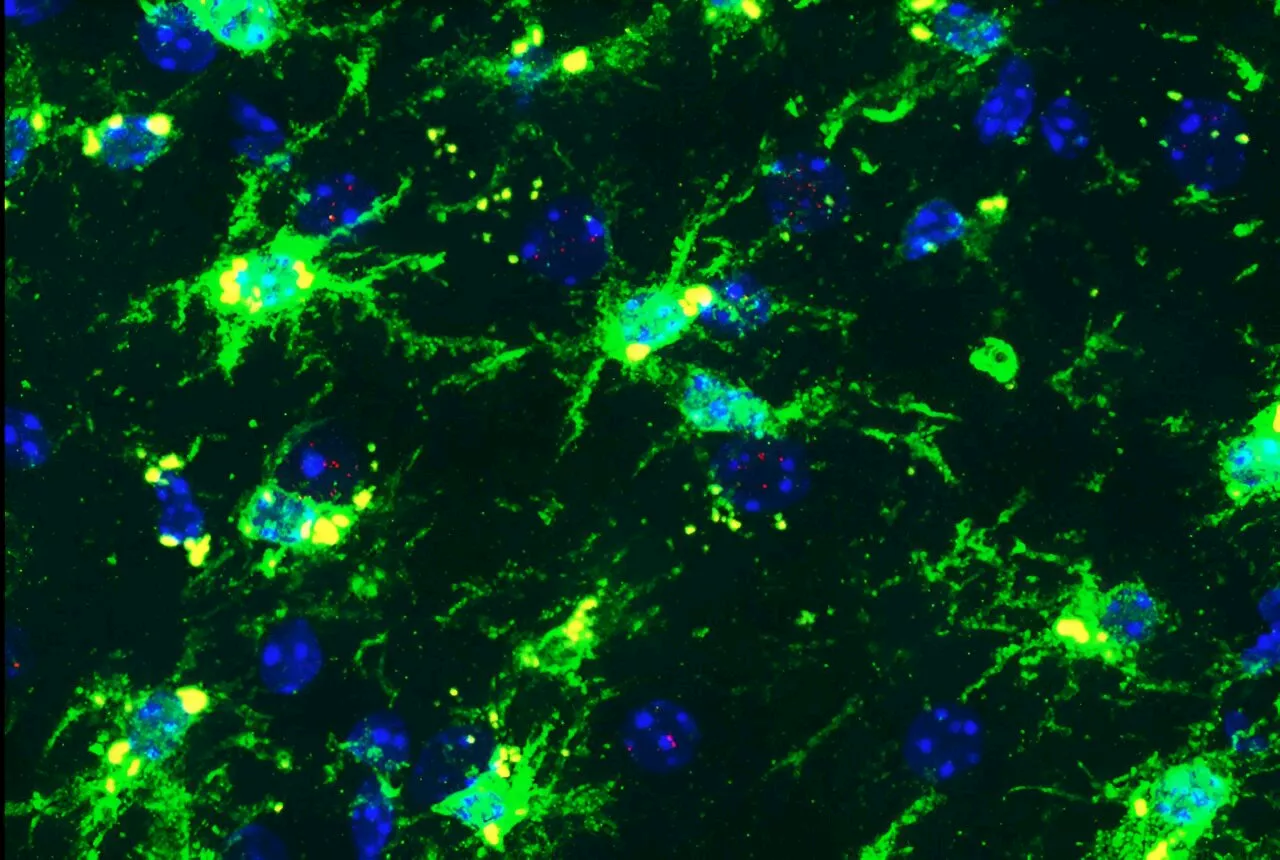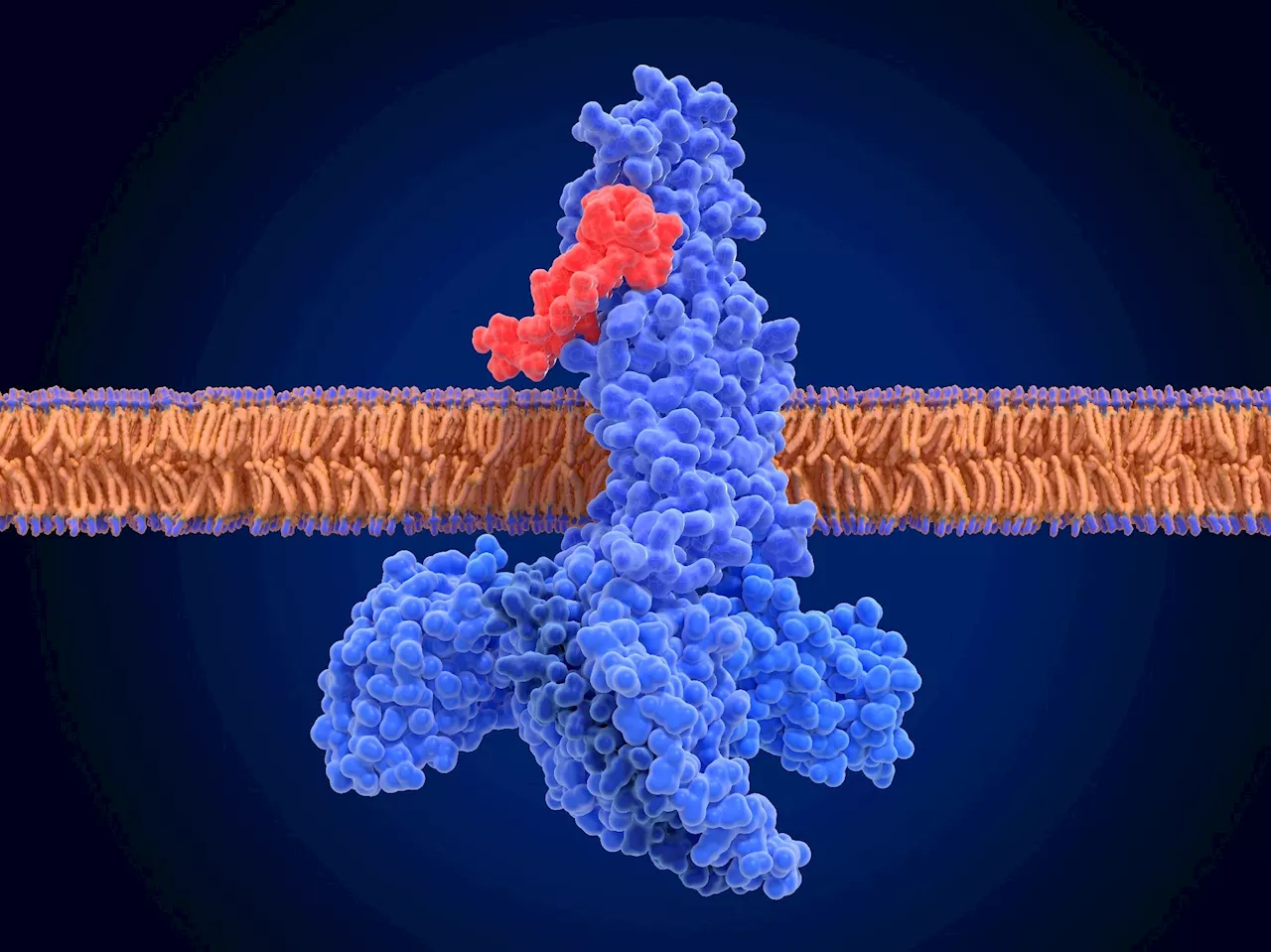Research highlights how GLP-1 receptor agonists may improve brain health by targeting the neurovascular unit, linking metabolic health to cognitive function. It suggests potential therapies for neurodegenerative diseases like Alzheimer's.
By Vijay Kumar MalesuReviewed by Susha Cheriyedath, M.Sc.Oct 7 2024 New research reveals how GLP-1 receptor drugs, known for treating diabetes and obesity, also protect the brain’s vital neurovascular system, offering hope for tackling cognitive decline and neurodegenerative diseases like Alzheimer's.
The role of GLP-1 in metabolic regulation GLP-1 is a hormone produced both in the gut and the brain. It plays a key role in maintaining glucose homeostasis by increasing insulin secretion and reducing glucagon levels post-meal. This incretin hormone also delays gastric emptying, thereby slowing glucose absorption and preventing sharp rises in insulin levels.
Chronic inflammation, obesity, and brain health Chronic inflammation, a hallmark of obesity, is associated with an increased risk of developing neurological conditions, including cognitive decline and neurodegeneration. The inflammatory state extends to the brain, contributing to conditions such as Alzheimer's disease . This inflammatory process involves activation of microglia and astrocytes—glial cells critical for immune responses in the brain.
Recent studies suggest that GLP-1R agonists may influence the neurovascular unit , the critical interface where neurons, glial cells, and blood vessels interact to maintain brain function. The NVU plays a pivotal role in ensuring proper blood flow to the brain, regulating nutrient supply, and removing waste products. Dysfunction in the NVU is linked to both metabolic disorders and cognitive decline.
Drugs GLP-1 Inflammation Alzheimer's Disease Anti-Inflammatory Blood Cell Cell Metabolism Chronic Cognitive Function Diabetes Glucagon Glucagon-Like Peptide-1 Glucose Hormone Insulin Metabolic Disorders Metabolic Syndrome Metabolism Microglia Neurodegeneration Neurodegenerative Diseases Neurons Obesity Receptor Research Syndrome Vascular
United Kingdom Latest News, United Kingdom Headlines
Similar News:You can also read news stories similar to this one that we have collected from other news sources.
 Lupus Research Alliance announces 2024 Diversity in Lupus Research Award recipientsThe Lupus Research Alliance (LRA) is pleased to announce the recipients of the 2024 Career Development and Postdoctoral Awards to Promote Diversity in Lupus Research.
Lupus Research Alliance announces 2024 Diversity in Lupus Research Award recipientsThe Lupus Research Alliance (LRA) is pleased to announce the recipients of the 2024 Career Development and Postdoctoral Awards to Promote Diversity in Lupus Research.
Read more »
 GLP-2 regulates appetite by influencing gut-brain communication and gastrointestinal motilityResearchers examine the role of GLP-2 in regulating food intake through its effects on gastrointestinal motility and satiety signals, offering insights into potential obesity treatments.
GLP-2 regulates appetite by influencing gut-brain communication and gastrointestinal motilityResearchers examine the role of GLP-2 in regulating food intake through its effects on gastrointestinal motility and satiety signals, offering insights into potential obesity treatments.
Read more »
 GLP-1 receptor agonists show promise in treating substance use disordersA systematic review reveals that GLP-1 receptor agonists may help reduce certain substance use disorders, but findings are inconsistent due to study variability and patient differences.
GLP-1 receptor agonists show promise in treating substance use disordersA systematic review reveals that GLP-1 receptor agonists may help reduce certain substance use disorders, but findings are inconsistent due to study variability and patient differences.
Read more »
 Study shows bariatric surgery outperforms GLP-1 diabetes drugs for kidney protectionA Cleveland Clinic study showed that in patients with type 2 diabetes, obesity, and chronic kidney disease, bariatric surgery was associated with a significant decrease in the progression of chronic kidney disease compared to those who received GLP-1 diabetes medications. The paper was published in Annals of Surgery.
Study shows bariatric surgery outperforms GLP-1 diabetes drugs for kidney protectionA Cleveland Clinic study showed that in patients with type 2 diabetes, obesity, and chronic kidney disease, bariatric surgery was associated with a significant decrease in the progression of chronic kidney disease compared to those who received GLP-1 diabetes medications. The paper was published in Annals of Surgery.
Read more »
 Bariatric surgery outperforms GLP-1 medications in protecting kidney functionA Cleveland Clinic study showed that in patients with type 2 diabetes, obesity, and chronic kidney disease, bariatric surgery was associated with a significant decrease in the progression of chronic kidney disease compared to those who received GLP-1 diabetes medications. The paper was published in Annals of Surgery.
Bariatric surgery outperforms GLP-1 medications in protecting kidney functionA Cleveland Clinic study showed that in patients with type 2 diabetes, obesity, and chronic kidney disease, bariatric surgery was associated with a significant decrease in the progression of chronic kidney disease compared to those who received GLP-1 diabetes medications. The paper was published in Annals of Surgery.
Read more »
 Genetic variants linked to Alzheimer's trigger brain inflammation in females, preclinical study findsWeill Cornell Medicine investigators have found that two genetic variants that confer high risk of Alzheimer's disease (AD) together trigger a harmful inflammatory response in the brain's immune cells, particularly in females, in a preclinical model.
Genetic variants linked to Alzheimer's trigger brain inflammation in females, preclinical study findsWeill Cornell Medicine investigators have found that two genetic variants that confer high risk of Alzheimer's disease (AD) together trigger a harmful inflammatory response in the brain's immune cells, particularly in females, in a preclinical model.
Read more »
